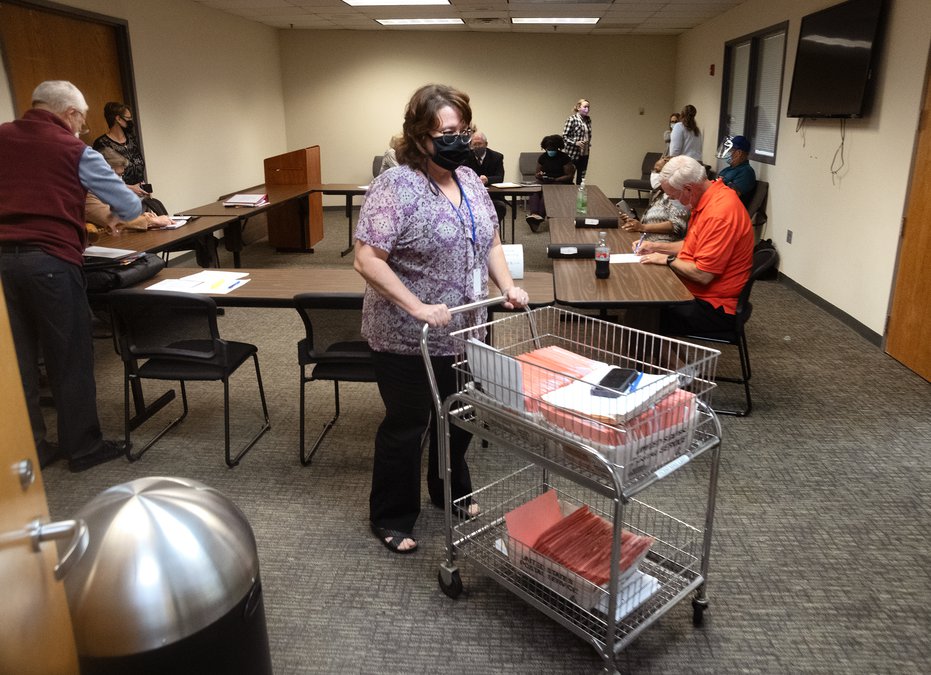Who has oversight over the Hall County director of elections position has been at the center of a recent dispute between Hall County administrators and elections board members. Following a tumultuous election year and amid a poor review of the director, the elections board is poised to sue the county over a change made in 2018.
How did we get here? Tracing recent history of election oversight in Hall County as boards feud

